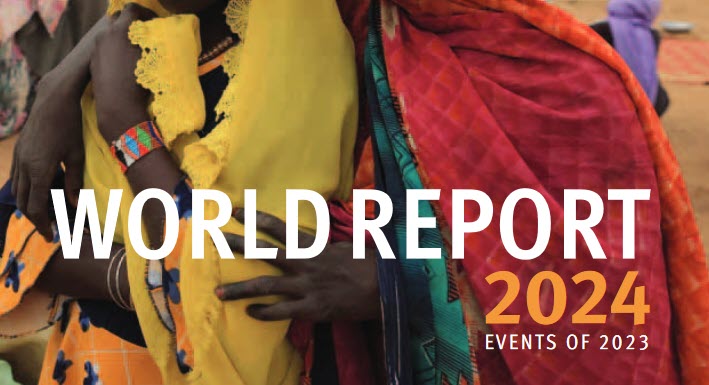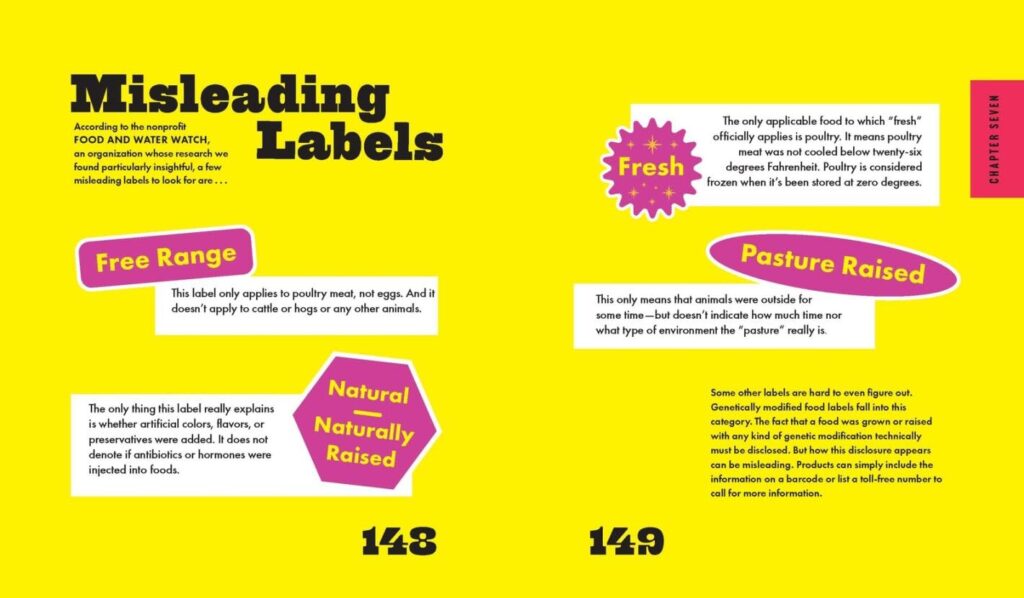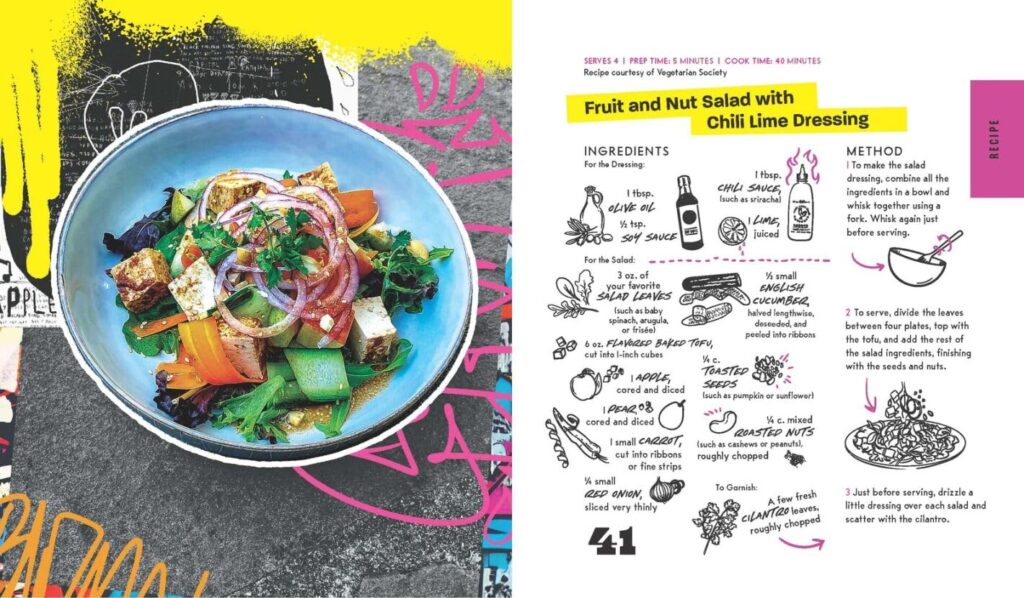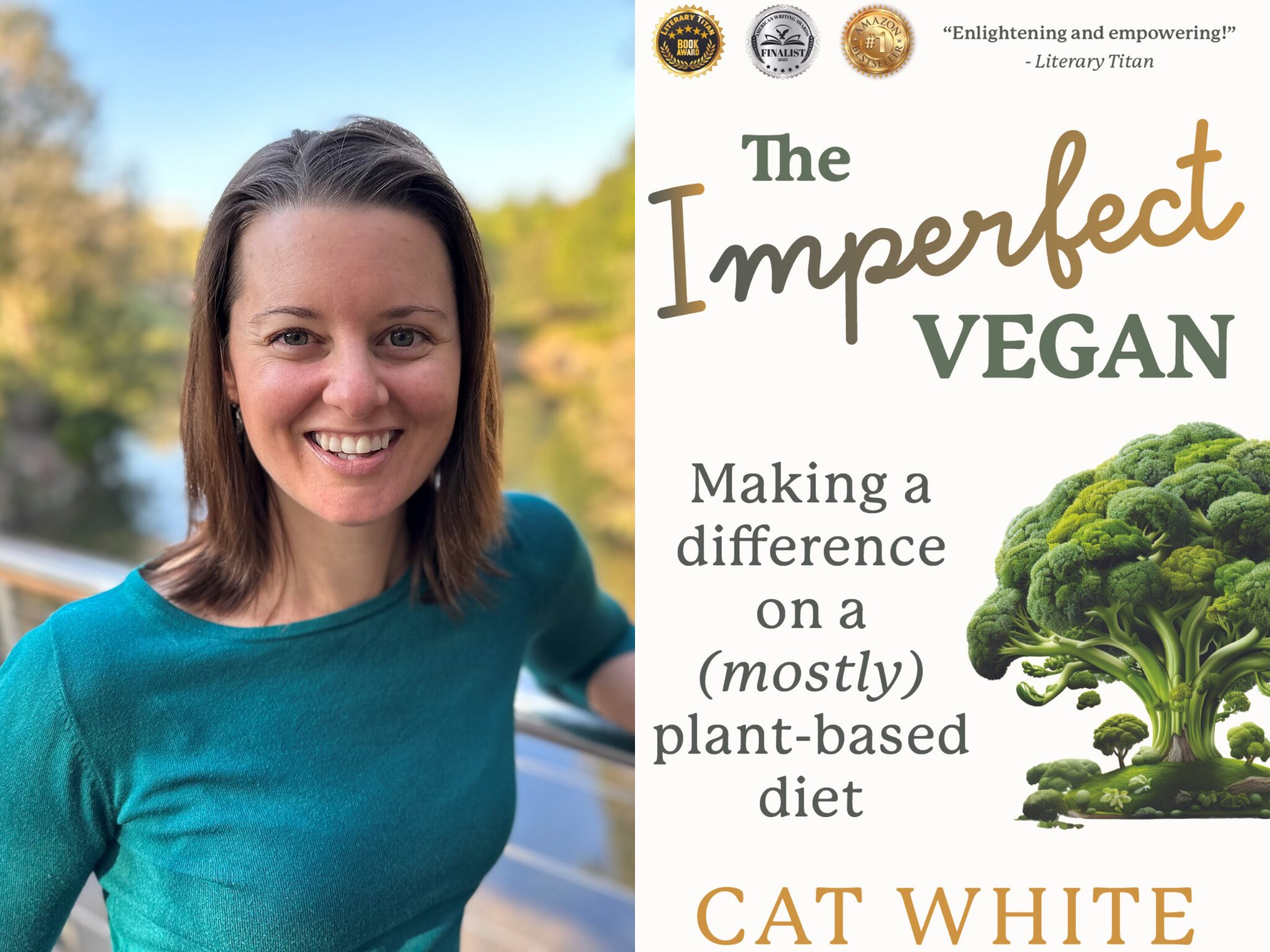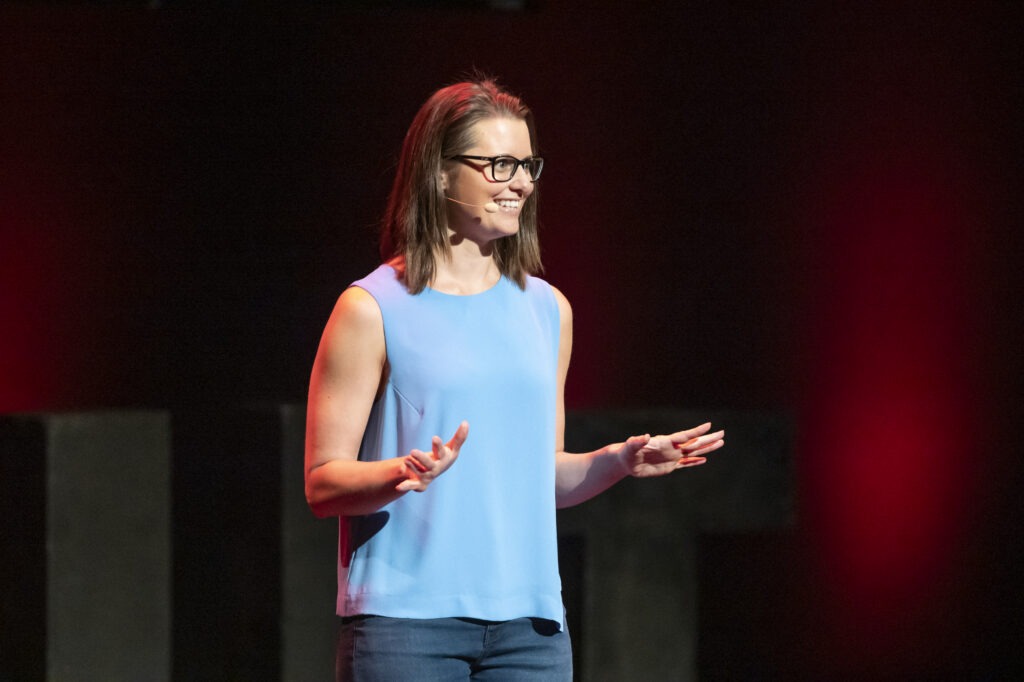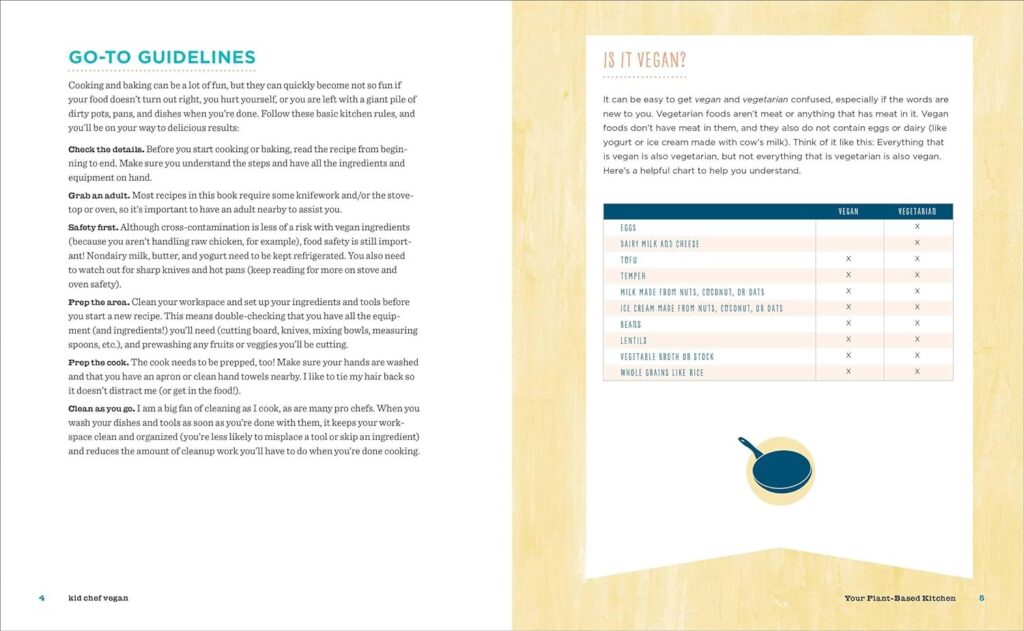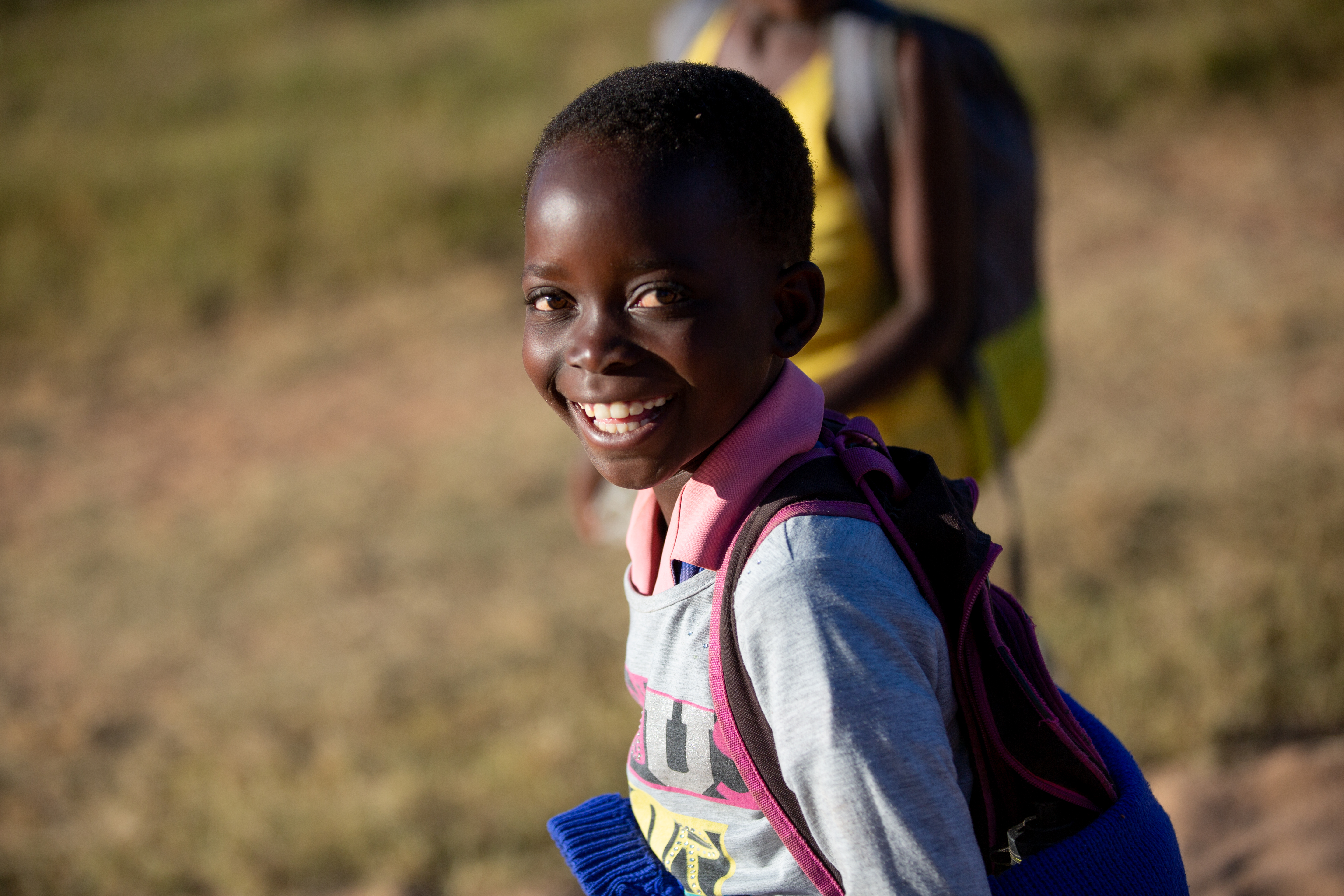Janine Jackson interviewed author Dave Lindorff about his book Spy for No Country for the April 19, 2024, episode of CounterSpin. This is a lightly edited transcript.
Janine Jackson: The success of the movie Oppenheimer showed that there is interest in the human beings involved in the Manhattan Project: the choices, beliefs, situational ethics, if you will, of those involved in the World War II program to develop the atomic bomb.
Another key figure, likewise reflective of the human complexities involved in creating and deploying this devastating technology, has remained relatively unknown, until now. Ted Hall was just 18 years old when he was recruited to Los Alamos, where he became a key scientist behind the bombs known as Little Boy and Fat Man, and eventually a spy, delivering nuclear secrets to the Soviet Union. His story was the subject of the 2022 documentary A Compassionate Spy, by acclaimed Hoop Dreams director Steve James.

Prometheus Books (2024)
Our guest was a co-producer of that film, and is author of a new book, Spy for No Country: The Story of Ted Hall, the Teenage Atomic Spy Who May Have Saved the World, from Prometheus Books. Veteran investigative journalist Dave Lindorff has reported for numerous outlets, and is author of Marketplace Medicine, and This Can’t Be Happening, among other titles. He joins us now by phone. Welcome back to CounterSpin, Dave Lindorff.
Dave Lindorff: Thanks for having me on.
JJ: Well, we can’t presume listeners who knew who Robert Oppenheimer was even before the movie have even heard the name Ted Hall before. So in bold strokes, what did he do, and when or in what context?
DL: Ted Hall is really fascinating; because he was so young, he’s been overlooked, I think, by historians, even of that era of the development of atomic energy. And part of the reason, too, is that he was never prosecuted, even though, in 1950, he was one of the first people identified as an atomic spy at Los Alamos, with the final decryption starting to happen of the Soviet spy cables that the precursor to the NSA had been collecting from Soviet consulates.
Yet, despite Hoover getting that information in 1950, and interrogating him, and his Harvard roommate courier, for three hours, the case went nowhere. And the book explains why.
JJ: Folks may not remember, or it might be a little confuddled: The Soviet Union was an ally during World War II.
DL: That’s a very important point to make, that people have to realize as they learn about this guy.
JJ: Yeah. So as much as we might want to ascribe motivation, especially after the fact, we can never see inside another person’s head. But what is the sense of what Hall thought he was doing? He wasn’t, for instance, a Communist himself.
DL: No, he was not a Communist when he was a spy. He did briefly join the party, he and his wife that he married after the war; they both became party members for a few months because, as they said, it was the only organization they felt was combating the segregation in the US, and that was defending workers’ right to organize.
JJ: When we say: “what did Ted Hall do?” What did he do, and why do we think he did it?
DL: Well, he was so smart, incredibly brilliant, and it was recognized when he got there. He was assigned to be working on the development of the implosion system for the plutonium bomb, which was a very complicated bomb. The uranium bomb was very simple, you just had to refine enough U-235, which is a minute portion of uranium ore, in order for it to work. But with plutonium, it was so unstable that it was very hard to work with in large quantities.
So he was working on that project. He understood the entire details of the plutonium bomb, and he realized that Germany was not going to get the bomb—it was being bombed to smithereens in 1944, when he was hired—and that the US was going to come out of the war with a monopoly on the bomb, which he thought would be a catastrophe for the world, I think, correctly.
So he decided the only thing to do was to give Soviets the bomb, so that there would be two countries with the bomb, that would prevent each of them from using it.
JJ: I’ve heard it said that, put simply, Oppenheimer thought he could somehow get nuclear weaponry eliminated, or under international control, but, as you say, Hall thought that mutually assured destruction would keep this technology from being used. Is that it?
DL: Yeah.

Decider (11/30/23)
JJ: I appreciated a review of the film A Compassionate Spy in Decider that said: “Is Ted Hall a hero or a traitor? Note to everyone everywhere: You don’t need to answer that question.” In other words, agreeing with him and his actions isn’t necessary. It’s really more about the complexity of truth, that questions exist for which there are no satisfying answers. But I think it’s difficult for folks to put themselves back in the head of a person making that choice at that time.
DL: Well, you have to know what people were thinking at that time. At that time, for example, there was a dinner hosted by the British scientists who’d been brought over at a late period; I guess they came in early 1944 from England to help speed up the development of the bomb. And there was a dinner that they hosted, and they had invited Gen. Leslie Groves, the head of the whole Manhattan Project. And over dessert, people were starting to say—this happened in the spring of 1944—that they shouldn’t really build the bomb, because the Germans weren’t going to get the bomb. And why were they developing it? And Grove said, well, as you know, the bomb was not really to target Germany; it was to help control the Soviet Union.
And that went around the camp. Because Los Alamos had these rules, that Oppenheimer insisted on, that there was absolute openness within the heavily guarded walls of the camp. But outside, there was no discussion about what they were doing. It was all top secret, and nobody knew what was happening inside that fence.
What they didn’t know was that there were spies within it, and one of them was Ted Hall. He certainly heard the scuttlebutt that the Russians were the real target, and that was very disturbing to him, and to many of the scientists, who felt that the Soviets were doing most of the dying and most of the fighting against the Germans at that time, and that they were our ally.
JJ: You touched on it, but let me just ask you directly: Why wasn’t Ted Hall prosecuted? Why wasn’t he treated the way that Oppenheimer was?

Edward N. Hall (Wikipedia)
DL: It’s an amazing story. It turns out that Ted’s older brother, 11 years older than him, had taken charge of his early education and encouraged him to go to Harvard when he was 18. And this brother, Ed Hall, actually became the top rocket scientist for the Air Force, and he developed the engine for the Atlas, the engine for the Titan, the engine for the Thor missile. And he invented the whole concept of ICBM with solid fuel, the Minuteman; that was his creation, and his idea of having hundreds of them in silos as a prevention of nuclear attack on the US was sold by him to the Defense secretary at the time, in the ’50s, and then to Eisenhower.
So he was so important to the Air Force—I got his FBI file, after they first told me there wasn’t one; I got over a hundred pages—that Hoover was hoping that he was going to catch him as a spy, Ed Hall, as a spy, as well as Ted Hall. And the Air Force shut him down. They basically refused to let him question Ed about his own history, just whether he knew anything about his brother, and he denied it. And then, by late 1951, Ted was taken off of the security index, and they stopped monitoring his mail and his funds.
Nobody ever knew that, why he didn’t get investigated. And it’s just astonishing, because, Janine, the most important thing about this story, and it’s another thing that Americans don’t know: As soon as the war ended, the US started, in the Manhattan Project and then later the Atomic Energy Commission, working feverishly to figure out a way to mass produce atomic bombs. And by ’48, they were producing them at a hundred a month. And why were they doing that, when they thought that there’d been no spies in the project, and that the Soviet Union would not get an atomic bomb for at least eight or ten years after this one—you know, the two bombs invented by the US, and tested on the Japanese?
So the reason was, they were preparing to attack the Soviet Union. There was even a day, they estimated in 1954, that they were calling “A-Day,” when it would be impossible to attack the Soviet Union preemptively, because they’d have the bomb by then and be able to slip one into a harbor in the US as retaliation. And that all fell apart when the Soviets detonated a carbon copy of the bomb that Ted was working on, in 1949.
JJ: In media, Dave, we know that US/Russia relations are super simplistically presented. It’s like Rock’em Sock’em Robots, you know, or King Kong vs. Godzilla. And the fact that there are human beings making choices, with the information that they have at the time and their thoughts about how what they’re doing might be used, it’s both difficult to think about and it’s easy to obscure. And so some folks now are rattling the nuclear saber, if only rhetorically, again. What do you think is the value of lifting up Ted Hall’s story right now?
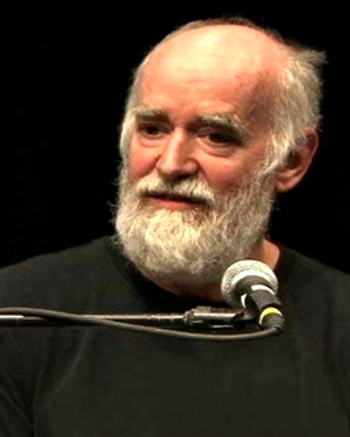
Dave Lindorff: “He did what Oppenheimer wouldn’t do…. And the result was that we have not seen an atomic bomb used since Nagasaki.”
DL: First of all, he proved to be right. He did what Oppenheimer wouldn’t do, by actually sharing the secrets, and making it possible for there to be two countries with the bomb. And the result was that we have not seen an atomic bomb used since Nagasaki. We’re on 79 years and counting since those two bombs were dropped, and none has been used, because of multiple nations having the bomb. You just can’t do it.
Now, whether that’ll hold, it’s always been pretty precarious, but it’s the best that they’ve come up with, is just having mutual assured destruction. It’s not a good system, but it’s here.
I personally think that it’s bluster still, because all the game-planning, when they look at what happens if we use an atomic bomb, or we reply with an atomic bomb when one is used, it always escalates within hours or days into a full-scale global strategic nuclear bombing and destruction of the Earth.
JJ: Right. Well, let me ask you, finally, from a journalism or media perspective: some reviewers, of the film in particular, have said, essentially, humanizing Ted Hall at all— and the film talks a lot with his wife, Joan—humanizing him is bias, because he was a traitor, the end.
And then other people say, well, we don’t really need Wikipedia-style history. We don’t need news from nowhere, that it’s a disservice to just present sort of Big Good vs. Big Evil, and that starting from a human perspective helps us locate ourselves within this broad sweep of events that, once they’re done, can seem inevitable. And I don’t imagine that you would’ve been attracted to a story that was kind of cut, paste, print. The complexity, was that part of the draw for you?
DL: Yes, absolutely. I mean, think about what he did. At the one hand, he thought that the bomb was a horrible, horrible thing. At the other, he was working feverishly trying to help them get it, because when he was hired, he thought it was important to get it before the Germans did. And then when he found that wasn’t the case, he was still working on it, because he knew that it was going to be built, with him or without him. And yet, that meant he was contributing to when it was finally used, because he wanted to be able to give all the information to the Russians. He knew that there were going to be bombs used if that didn’t happen.
And I think that’s correct, that it must have been torture for him to know that he had helped create what happened in Hiroshima and Nagasaki, yet he felt it was the right thing that he had done. So it was very complicated.
JJ: All right, then, well, we’ll leave it there for now. We’ve been speaking with Dave Lindorff. The new book, Spy for No Country, is out from Prometheus Books. Thank you so much, Dave Lindorff, for joining us this week on CounterSpin.
DL: Thank you. Thanks for having me on.
The post ‘A Monopoly on the Bomb Would Be a Catastrophe for the World’: <br></em><span class='not-on-index' style='color:#000000; font-size: 23px; font-weight: normal; line-height: 25px; font-family: 'Open Sans','sans-serif'; padding-bottom: -10px;'>CounterSpin interview with Dave Lindorff on Spy for No Country appeared first on FAIR.
This post was originally published on FAIR.

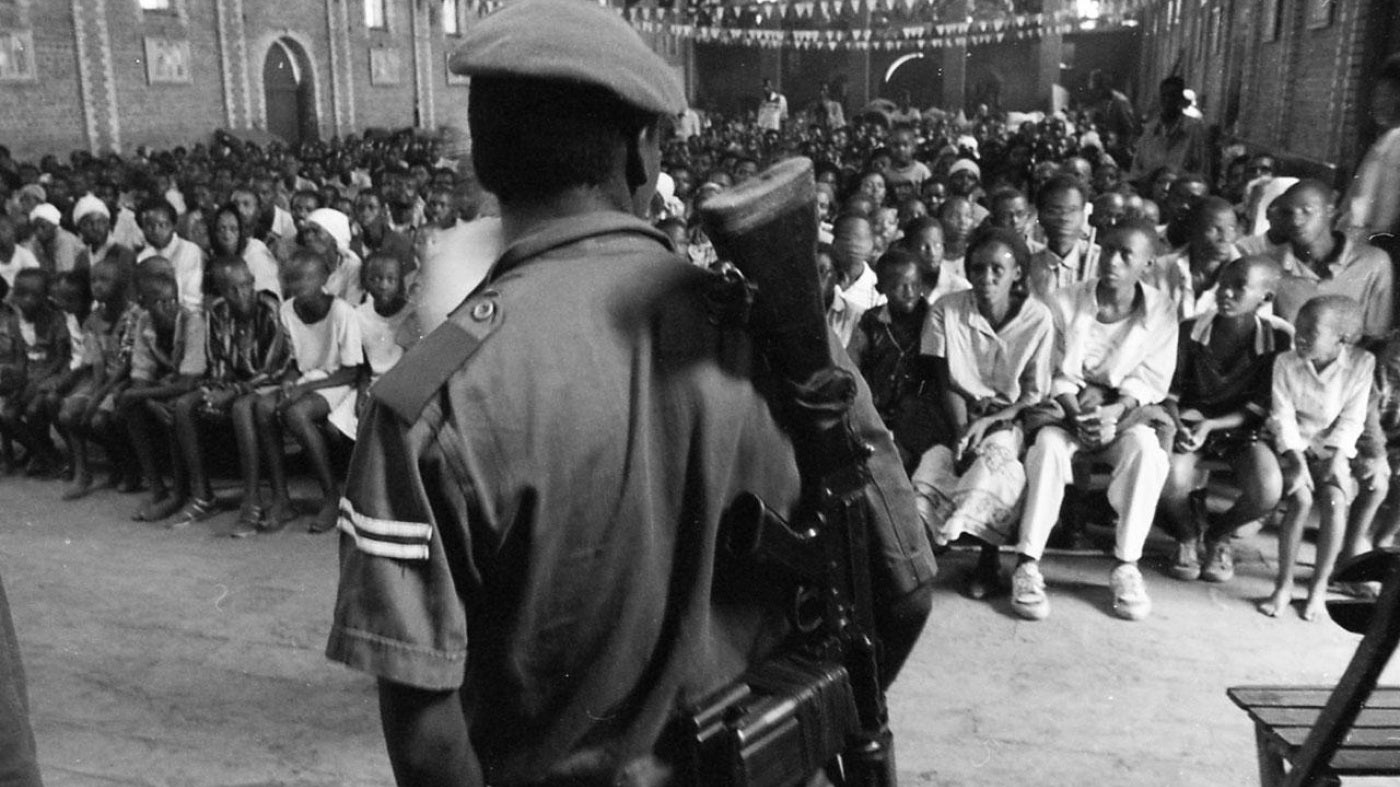


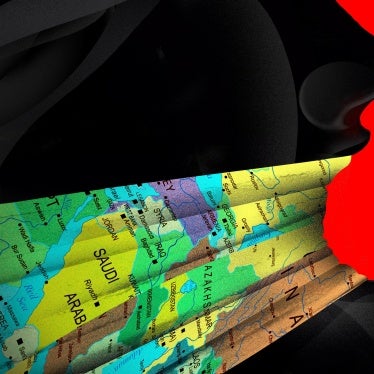
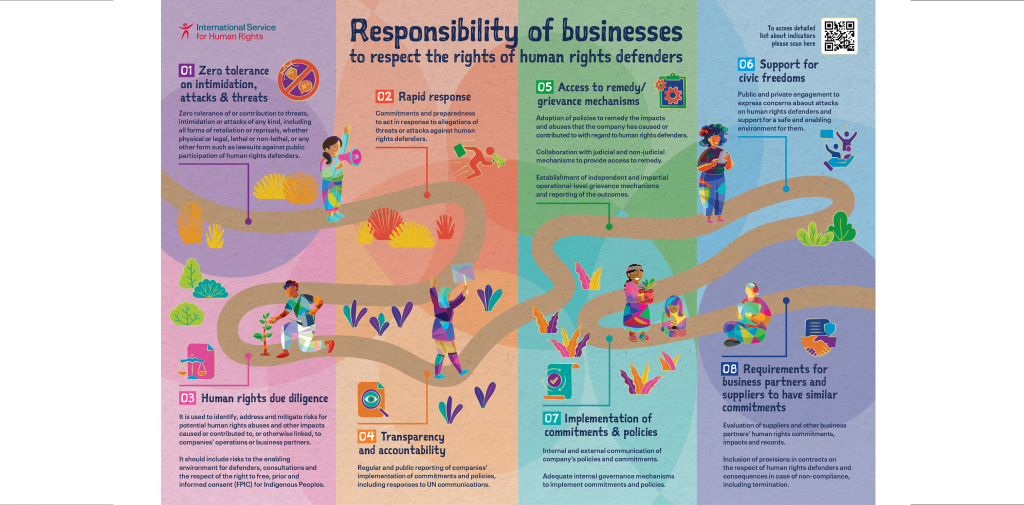

/bnn/media/media_files/7d7279a6fe08cbdd641cda8431af6038216be3c9c100f79beacc07763c194f26.jpg)
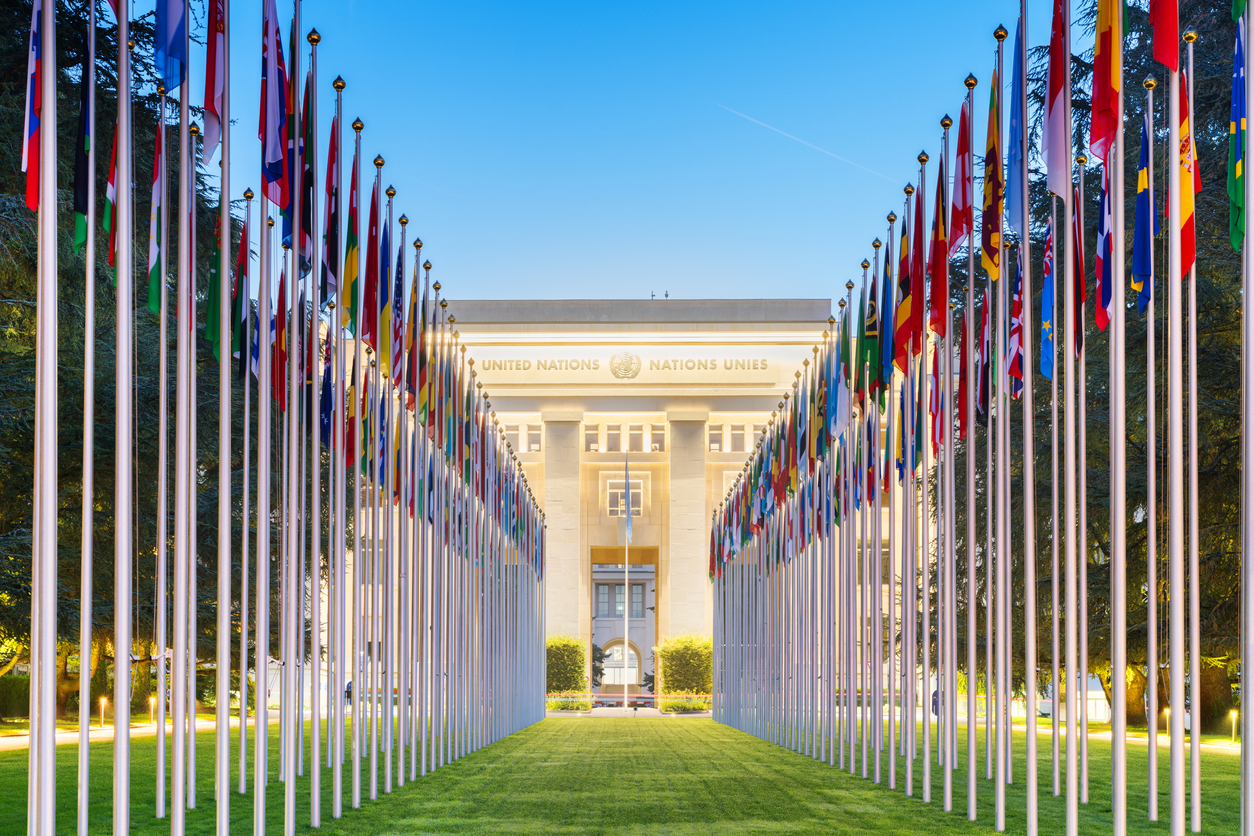
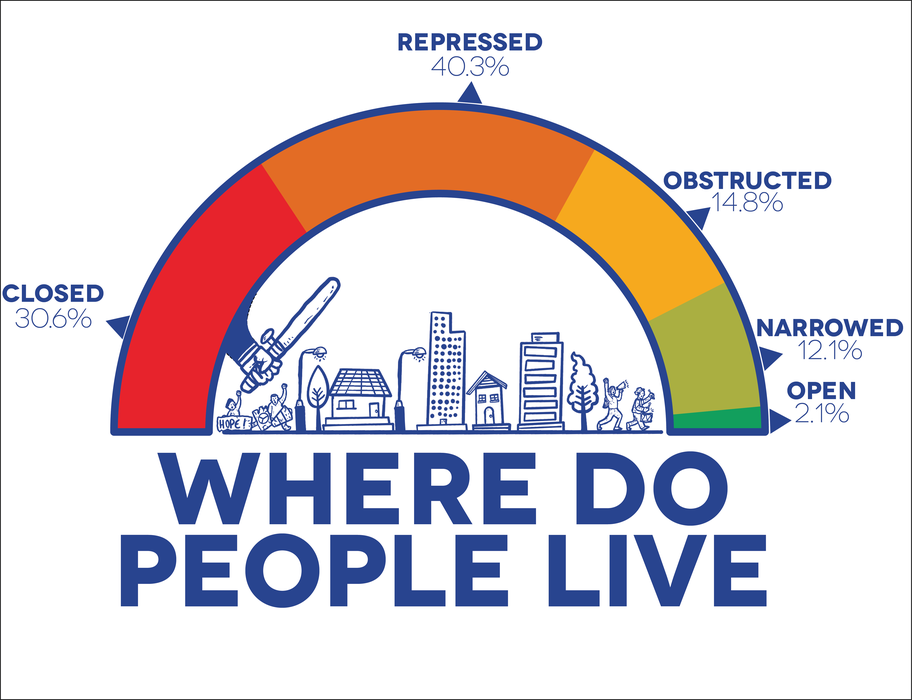
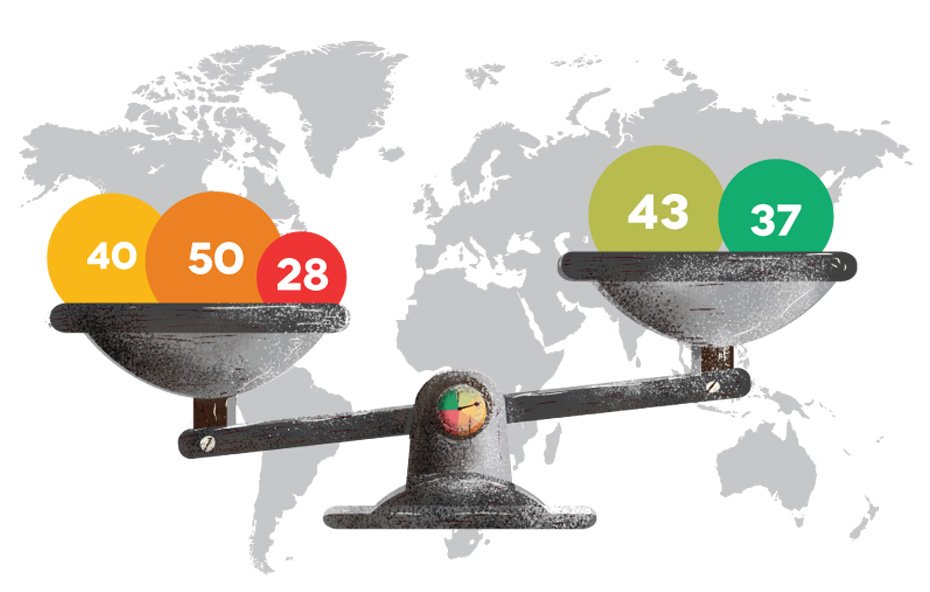
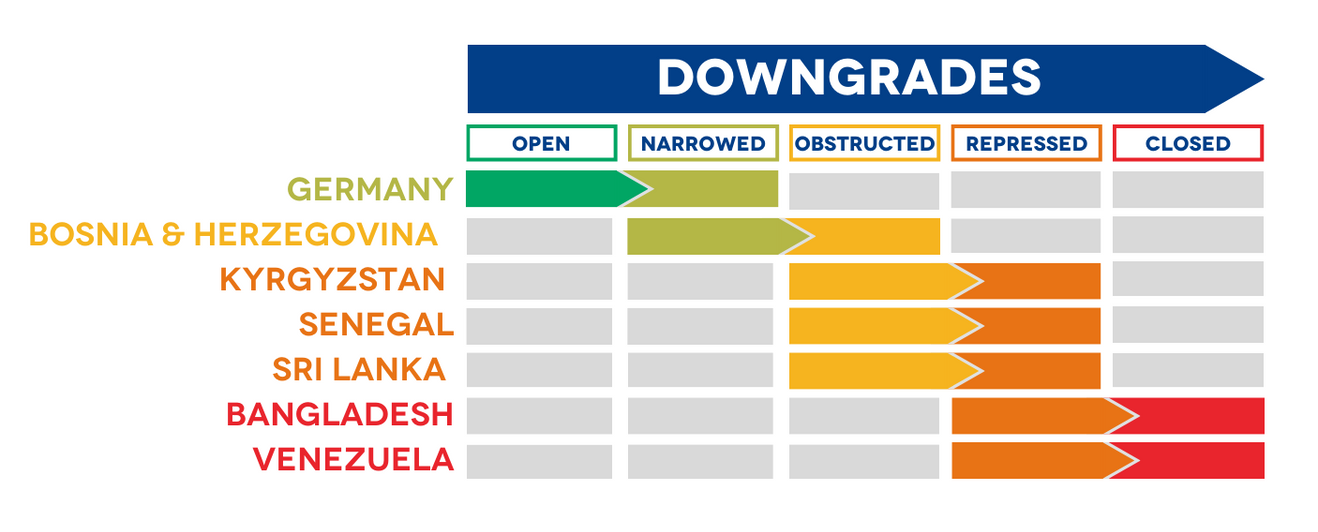
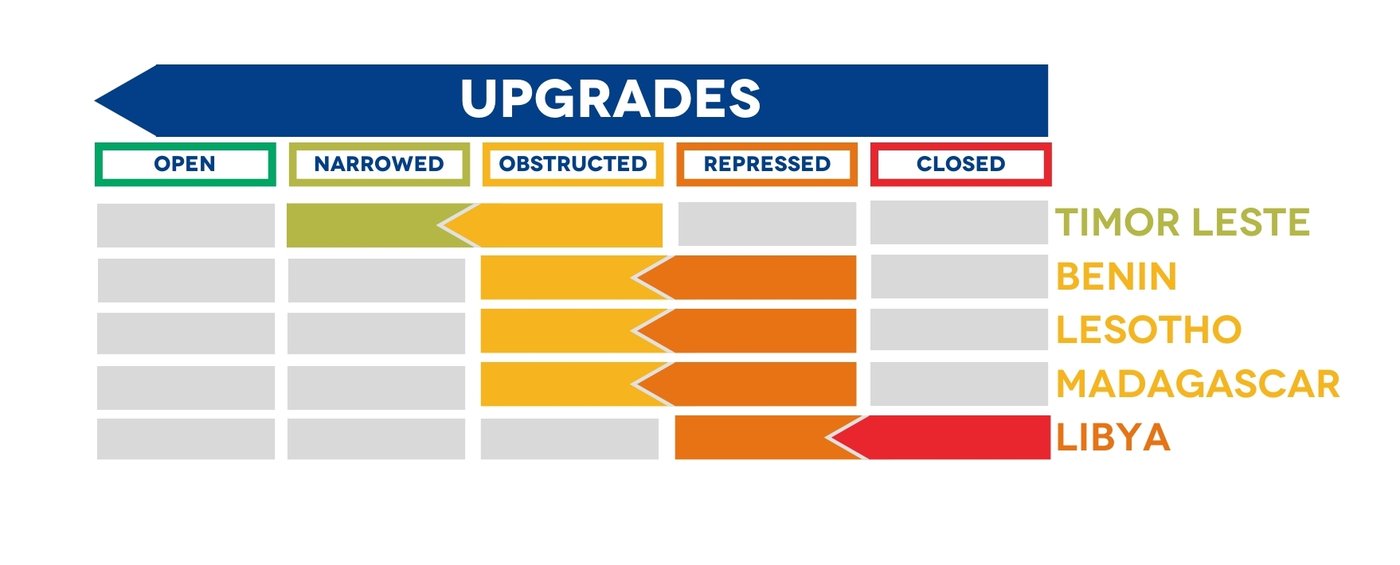



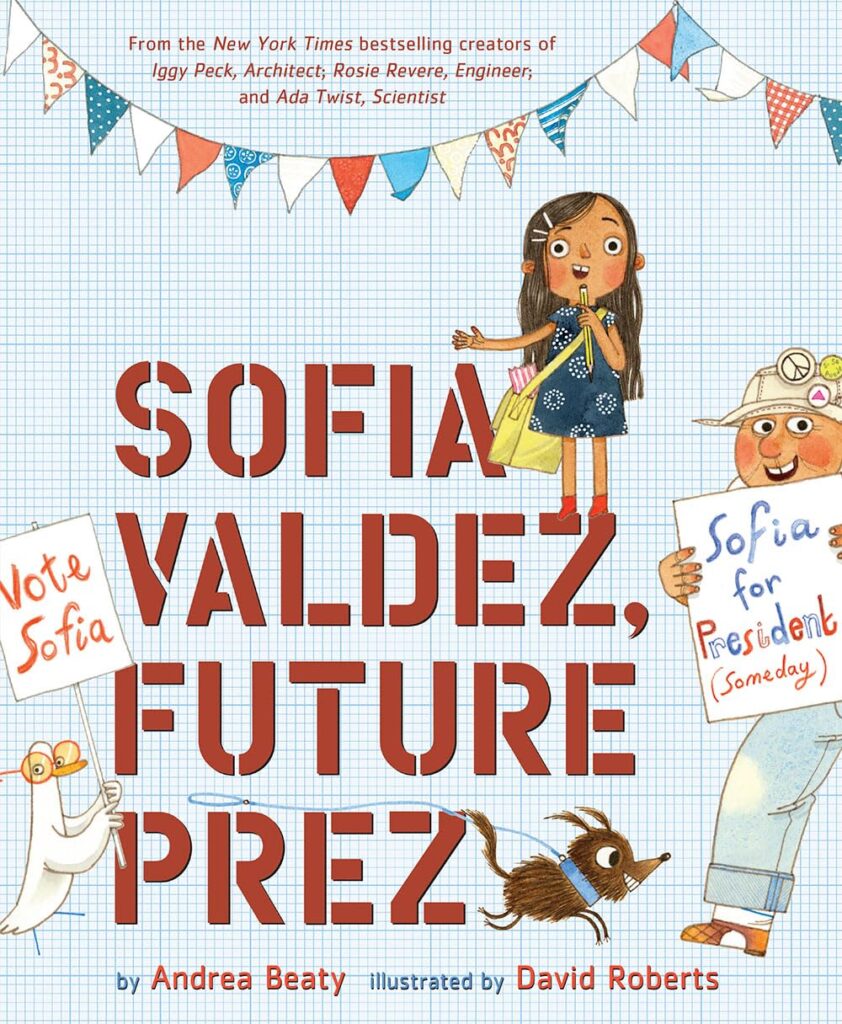
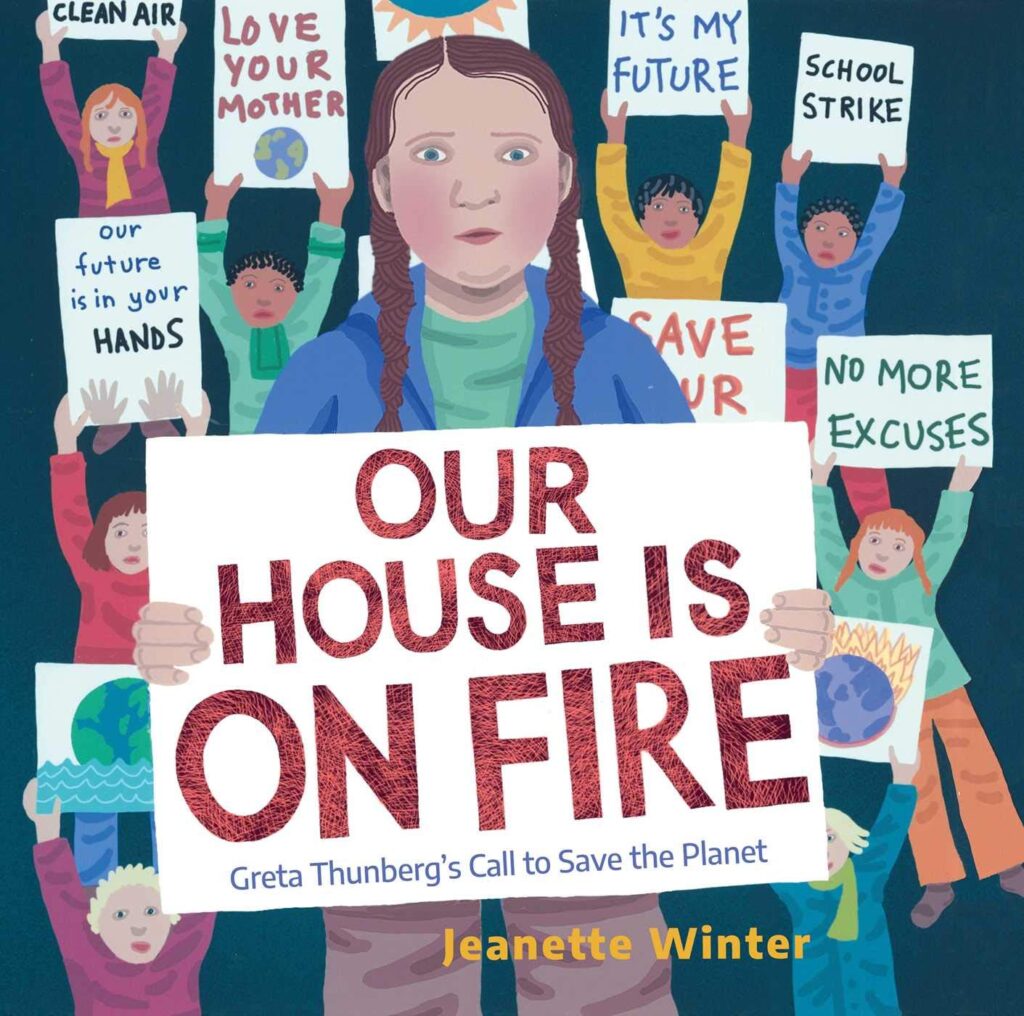


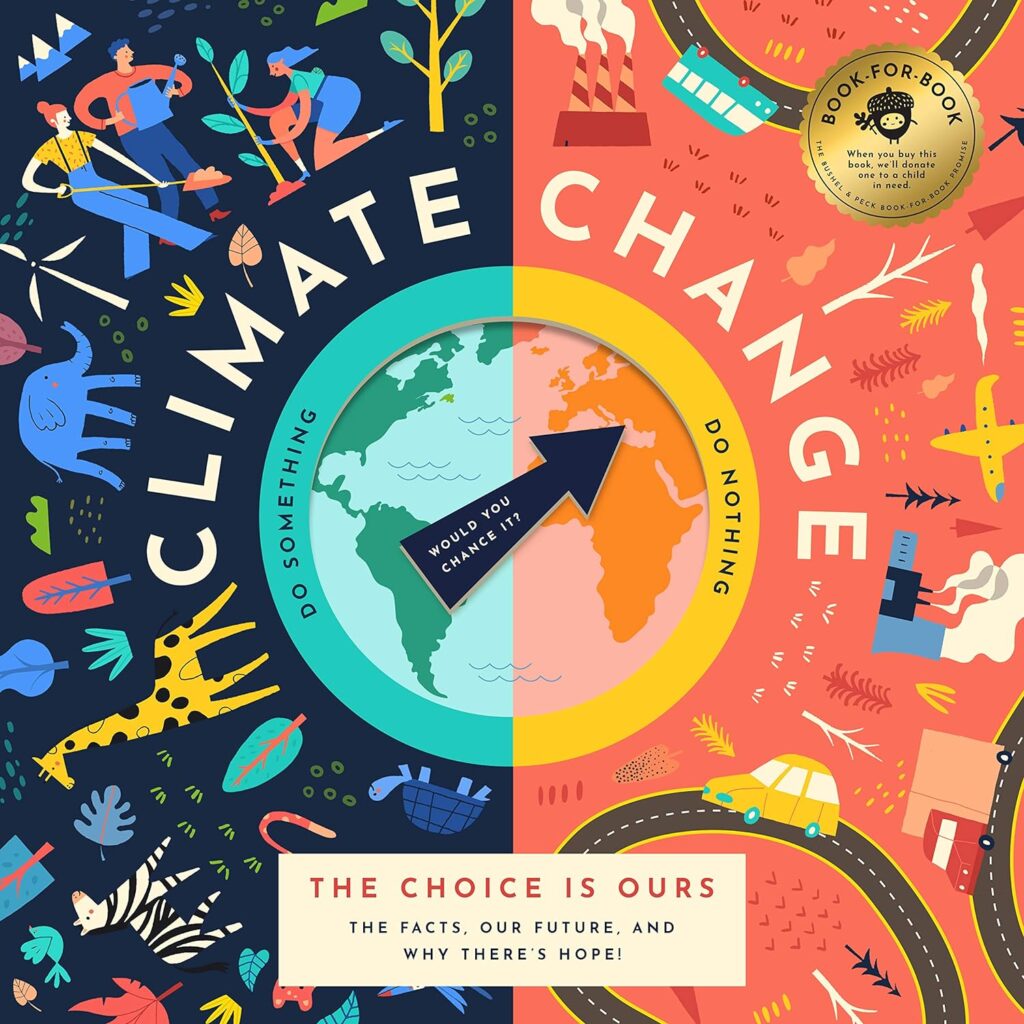
 “THE CREATION OF SUCH A DOCUMENT— its mere existence—must count among the greatest achievements in human history.” That is how
“THE CREATION OF SUCH A DOCUMENT— its mere existence—must count among the greatest achievements in human history.” That is how 